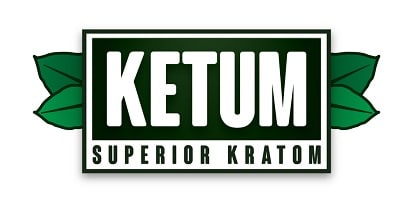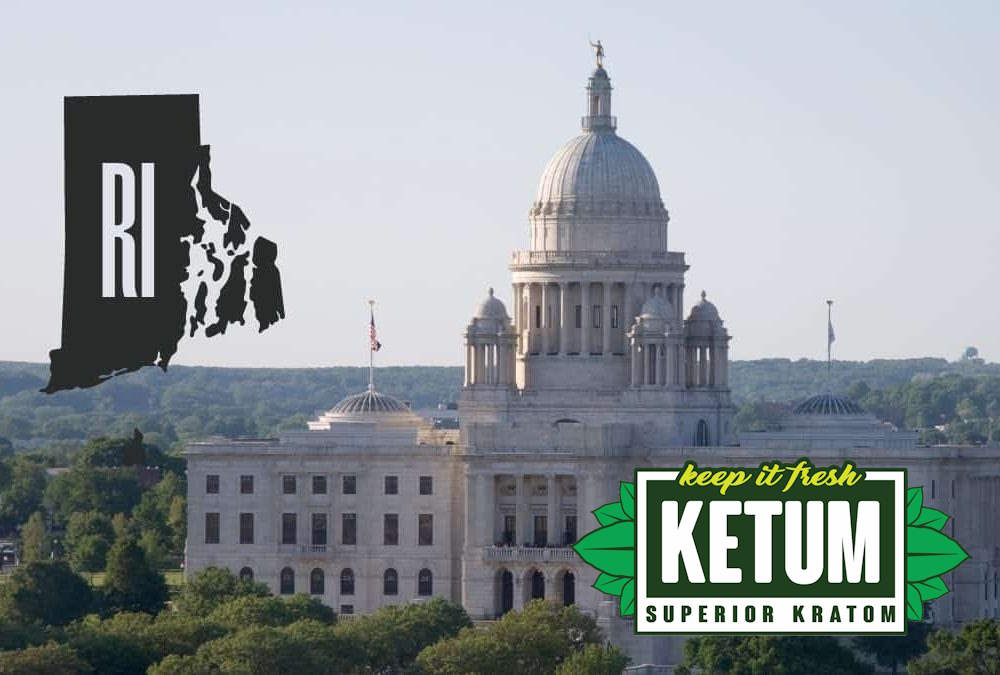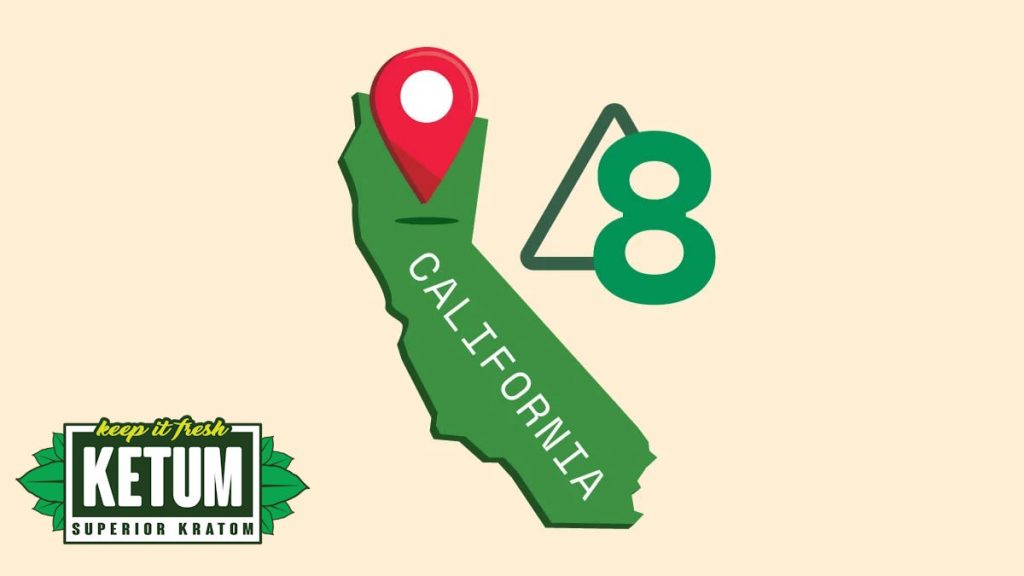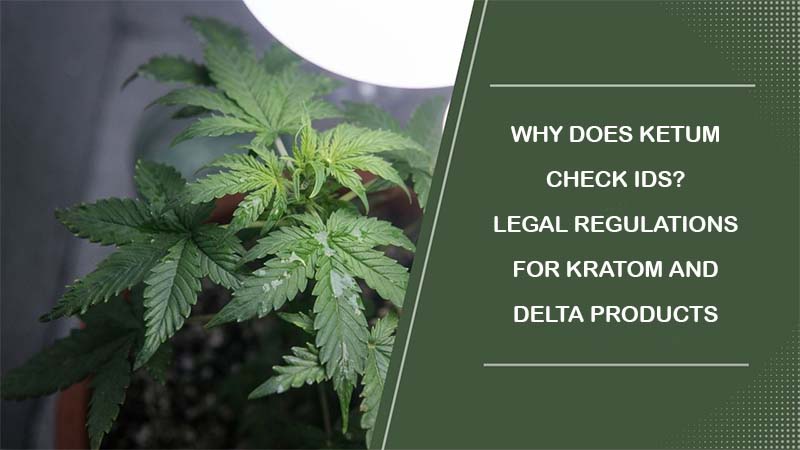Currently, kratom is illegal in 6 states including Alabama, Arkansas, Wisconsin, Rhode Island, Vermont, and Indiana. However, that list may soon shrink to 4 because Vermont and Rhode Island both have bills in motion that can legalize the medicinal herb.
To understand the bills in Vermont and Rhode Island, it is important to look at the Kratom Consumer Protection Act (KCPA). Then, we can examine each of the two states to see where they are in the legalization process. But first, why is kratom illegal in those states in the first place?
Why is Kratom Illegal in 6 States?
There have been some claims by the FDA and the DEA that kratom can be dangerous or addictive. In 2016, the DEA had a plan to add kratom to the list of controlled substances as a Schedule I drug. They said that it is promoted as a legal alternative to opioid drugs. This led to the seizure of millions of kratom dosages. They claimed that it has a high abuse potential and no accepted medicinal use.
Kratom advocates say otherwise. Kratom can be safely used for many reasons including nervousness, energy, and relaxation. It has been used medicinally for hundreds, maybe even thousands, of years in Southeast Asia and the abuse potential and potential harmful effects are very small.
However, the main cause for concern comes from contaminants. In 2018, a salmonella outbreak that impacted multiple states was traced back to kratom consumption. In addition, some kratom products have been found to contain high levels of heavy metals. A lot of high-quality kratom shops do test their kratom products before selling them to consumers. However, the Kratom Consumer Protection Act that has been applied into state laws around the country wants to ensure that all kratom is free from contaminants.
Kratom Consumer Protection Act
The Kratom Consumer Protection Act (KCPA) is designed to regulate the sales of kratom in its purest, unadulterated form. Under this act, any products that contain kratom would have to carry a label that shows the amount of alkaloids that are present.
Any adulterated or synthetic kratom would be illegal to sell. In addition, any kratom products that have a concentration of 7-hydroxymitragynine that is higher than 2% of the leaf would be illegal. Finally, minors under the age of 18 would not be able to purchase kratom.
If these regulations are broken, then fines will be assessed. A person who processes or distributes kratom that is too concentrated, adulterated, or synthetic can face a fine of $500 for their first offense and up to $1000 for any subsequent offense.
The KCPA is an important piece of legislation because not only does it allow consumers to purchase and benefit from kratom, but it also ensures that they can avoid dangerous or contaminated kratom products. Furthermore, research that would be made virtually impossible with a downright ban can continue so that rumors and misconceptions about kratom can be adequately dismissed.
One more piece of the KCPA relates to the production of kratom. Under the act, standards will be enforced regarding the growing and production of the kratom plant. This can be regulated by the Department of Agriculture and Food.
Most products that are meant for consumption have some form of regulations before they are allowed to be distributed. Food, drink, medications, and supplements all have some form of regulation so it makes sense for kratom to be regulated as well.
Kratom vendors, consumers, and advocates, like the American Kratom Association, support the Kratom Consumer Protection Act. It has already passed in a few states like Oregon and Arizona and we expect it to pass in others like Rhode Island and Vermont. Many vendors are already preparing their facilities and processes in order to comply with the regulations and requirements made by these new laws that benefit the kratom industry as a whole.
Rhode Island
Even though kratom is currently illegal in Rhode Island, the legalization process has been in motion for a while. The primary alkaloids, mitragynine and 7-hydroxymitragynine, were criminalized in Rhode Island in 2017. Not only that, but the ban on kratom was fairly unknown to the general public and it is not included in the Rhode Island Controlled Substances Act.
Then, in the first couple of months in 2019 a Kratom Consumer Protection Act was proposed. However, at that time it did not make it very far and ended up dying in committee. A month later, supporters were able to speak at a hearing so that the positive aspects of kratom use could be promoted. Following this, a bill was introduced at the beginning of 2020 that also failed before becoming law.
Kratom consumers and advocates kept trying to reverse the ban on kratom in Rhode Island and a bill was recently introduced on February 24, 2021. Sponsors of this bill are determined to regulate kratom as a part of the decriminalization efforts. If this bill succeeds in becoming a law, kratom will become legal later this year on September 1, 2021.
Vermont
Kratom is still illegal in Vermont because mitragynine and 7-hydroxymitragynine, the two primary alkaloids present in the kratom plant, are controlled substances. These substances were placed on Vermont’s list of regulated drugs in 2016.
These two alkaloids found in kratom are categorized under the hallucinogenic drugs and synthetic cannabinoids. However, this categorization is highly inaccurate. Kratom is natural, not synthetic. It is also not a cannabinoid in any way. Finally, it is unlikely that kratom will produce hallucinogenic effects, even at high doses.
Due to the odd categorizations, there was some initial confusion regarding the legality of kratom after this. Some debated that the bill only criminalized synthetic mitragynine and 7-hydroxymitragynine. However, despite the confusion, vendors are hesitant to take the risk and do not generally ship kratom to Vermont.
In 2020, a new bill was introduced that could decriminalize kratom and some other substances that are scheduled in the state of Vermont. Even though this bill did not make its way through legislation successfully, it put the idea of decriminalization into the minds of representatives and advocates. This led to a new bill that was introduced in January of 2021.
If the newest bill passes into law, then kratom will then be shipped to Vermont. In addition, vendors in the state of Vermont will also be able to legally sell the plant. The bill is called the Vermont Kratom Consumer Protection Act. Like the Kratom Protection Act passed in other states, this increases the regulation and requirements for the consumption, production, and distribution of kratom.
Also included on the bill are other drugs and substances that are regularly used for medicinal, spiritual, religious, or entheogenic purposes. This means that not only would kratom be decriminalized, but peyote, ayahuasca, and psilocybin would also be legally regulated in Vermont.
Conclusion
The future of kratom laws in America is looking great. Not only does it seem that consumers will be able to buy kratom again in states like Rhode Island and Vermont, but it will be even safer to do so because of the rules put forth in the Kratom Consumer Protection Act. If these bills make their way through legislation and into law, kratom will be decriminalized and regulated in these states prior to the beginning of 2022. If you reside in Rhode Island or Vermont, check out the products that you may soon be able to legally enjoy!






